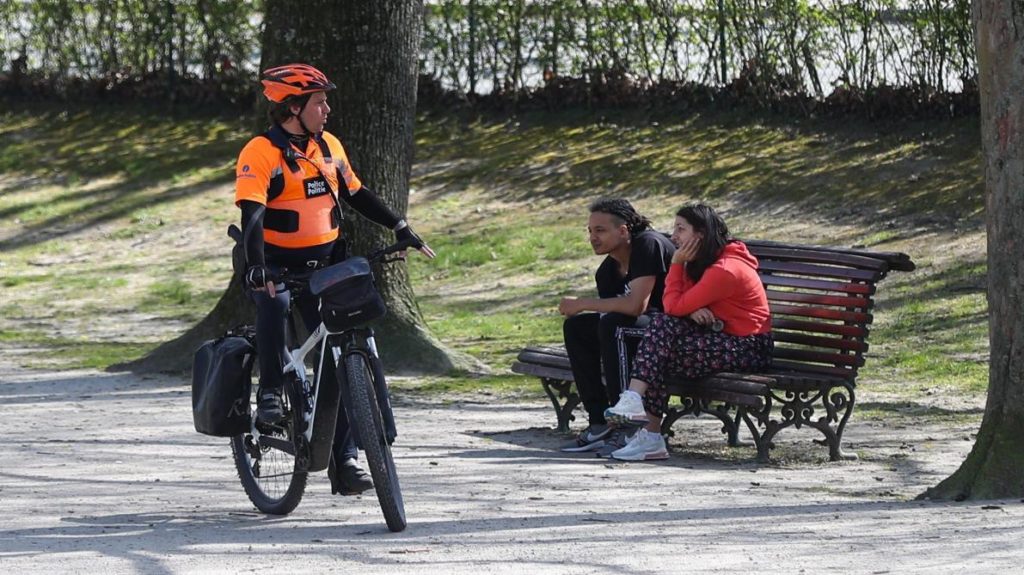The government risks a rebellion in the courts if it does not bring forward its new pandemic law as soon as possible, according to a constitutional law expert.
Johan Vande Lanotte is a former home affairs minister, deputy prime minister, president of the socialist party sp.a and mayor of Ostend. He is also professor emeritus of constitutional law at the university of Ghent, and as such a teacher of many serving judges and politicians.
He was interviewed for the current edition of De Morgen (paywall).
The main subject was the so-called pandemic law which the government is expected to deliver any time now, which will establish a permanent legal basis for the sort of measures taken to combat the spread of the coronavirus – curfews, closure of businesses, restrictions on gatherings and so on.
At present, the measures taken are based on a 2007 law on civil protection, which the Council of State had ruled is adequate. But more and more voices are being raised against that view, and Vande Lanotte has added his.
“The law that the government is currently relying on, regarding civil security, is actually not for this purpose,” he explained.
“That law was made to take timely measures in case of disasters. Suppose there is an explosion in a company, the government can order people in the vicinity to stay indoors. It is not the intention to use that law for measures that apply throughout Belgium for a long time.”
Of the two possible form the pandemic law might take – the material, in which is laid out what measures may be taken, and a procedural, where the law states how measures should be taken – he favours the procedural. A material form would be based on old experiences, and might not be prepared to tackle a new situation.
According to accounts, a material approach is what the De Croo government, in the persons of home affairs minister Annelies Verlinden (CD&V) and health minister Frank Vandenbroucke (sp.a).
“If that is the case, then I think people should approach the law differently: in a procedural way. That would mean that before the government can make use of a measure, parliament must vote a resolution that makes it clear that we are in an emergency. Then there is already some parliamentary debate.”
At present, the Consultative Committee meets and discusses options, the government decides and then publishes a ministerial decree which immediately becomes law. Parliament, the supposed legislature and elected representatives of the population, has no say in the matter.
“When it comes to fundamental rights, elected representatives of the people have to participate in decisions,” he said.
“I think that's essential in a democracy. The judiciary and legislature must also be involved in their specific areas. You really need legal and parliamentary scrutiny. It cannot be one power that decides everything.”
For the time being, the government is shielded by the ruling of the Council of State, which has since been upheld numerous times in cases challenging rules on curfew, non-essential travel and other corona measures. But time is running out on that protection, he said.
“I've said it already: judges will start cancelling fines. Maybe that doesn't happen that often now, but wait a few more months. When the crisis is over, we will be surprised. Those who have paid their fine will feel sorry when others escape.”
Alan Hope
The Brussels Times

